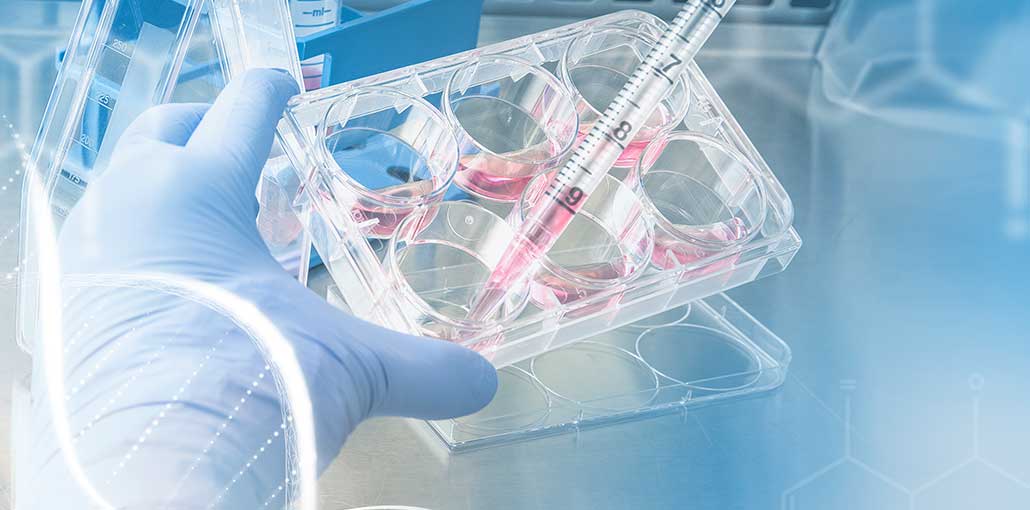Genetics is a specific branch of medical science that deals with heritable diseases and genomic exploration. It combines several medical specialties within its scope – including oncology, pediatrics, neurology, and cardiology – to study, diagnose, and treat various disorders plaguing the human genome construct.
Facilitated by biological and social sciences over the last decade, the process of sequencing the human genome has been successfully concluded in all regards. We now know that each and everyone one of us carries 23 pairs of chromosomes, namely 22 autosomes and a single pair of sex chromosomes. These hold the necessary genetic information needed for guiding our development and other functions of the body.
However, better understanding the family history of conditions such as cancer or other similar disorders is now seen as a reliable medium for determining hereditary tendencies towards these afflictions. Knowledge of about 25,000 genes in the human genome library is projected to create great potential for medical science to advance the quality of human life as we know it today.
No doubt, one of the most significant feats achieved by applications of genetic technologies has also permitted early treatment of genetic abnormalities in newborn babies. Knowledge from embryonic tissues can reveal pressing data relating to enzyme deficiencies and other genetic diseases in embryos as young as 12 weeks.
What Is Genetic Mutation?
Genetic mutations are characteristically represented by an indefinite change in the nucleotide sequence of one or more genes or the composition of one or more chromosomes. They are mainly categorized into two types: germline and somatic mutations, and the differences between the two are considerable.
For instance, germline mutations are fairly common in gametes, as they can be transmitted to offspring. In turn, they have the potential to affect every cell in their body. Conversely, somatic mutations occur only in other cells of the body, and they will have little to no effect on the host subject.
Mutations resulting in chromosomal alterations typically occur when the chromosome splits and is unable to reconnect properly or does not rejoin at all. These can have severe consequences for anyone suffering it, as they can often lead to the death of the organism. When a change occurs in a single nucleotide in DNA, such interactions are termed “point mutations.” They tend to be less severe than chromosomal mutations and often remain silent in most subjects.
Also read: 6 Ways Technology Will Make A Positive Impact In Healthcare
Diagnosing Genetic Disorders
There is a vast myriad of benefits of undergoing genetic testing during gestation. Genetic testing can help you determine, for instance, if your child is likely to inherit any genetic conditions from your genes. They can also raise the chances of predicting any disorders a person is likely to develop due to environmental factors and their choice of lifestyle, as well.
For example, certain irregularities in the BRCA genes can make women more vulnerable to diseases such as breast cancer and ovarian cancer. In such cases, genetic testing can synthesize a possibility for disease prevention and screening tests to be modified based on individual cases. In turn, you’ll be able to take any necessary proactive measures to help prevent their occurrence.
Current Applications of Genetic Technologies
Genetic alterations, human cloning, genetic trait selection, stem cells, and gene therapy are just some of the areas where genetic technologies have started creating a massive impact. In the new wave of medical science, several sub-specialties of medical genetics like prenatal, genetic oncology, neurogenetics, cardiology, and molecular genetics are being extensively relied upon for identifying genetic disorders including those found in mitochondrial DNA.
With ongoing advancements in the field of robotics, neurotechnology, genetic engineering, and nanotechnology, we may soon be able to isolate and intervene in these genetic dispositions in a much smaller time frame. There is a significant chance that pregnancy itself can be outsourced to healthier gestational surrogates in the future, thereby eliminating the chances of inheriting genetic disorders from the mother.
Knowledge of human genetics has also helped shed light on our precise genetic makeup, which has aided healthcare experts in gauging the response to certain drugs with more accuracy. Even though rapid advancements in the field of biotechnology have paved the way for genetic technologies to flourish, speculations around its ethical boundaries are picking up traction in many parts of the world.
Nonetheless, the potential for this technology is immensely promising. While even just a decade ago, we would have lacked this knowledge, today we are looking at a markedly different future for humankind. Chronic disease no longer needs to be a death sentence. Through the intensive application of these genetic innovations, we can help expand our potential – both today and in the years ahead of us.










Leave a comment